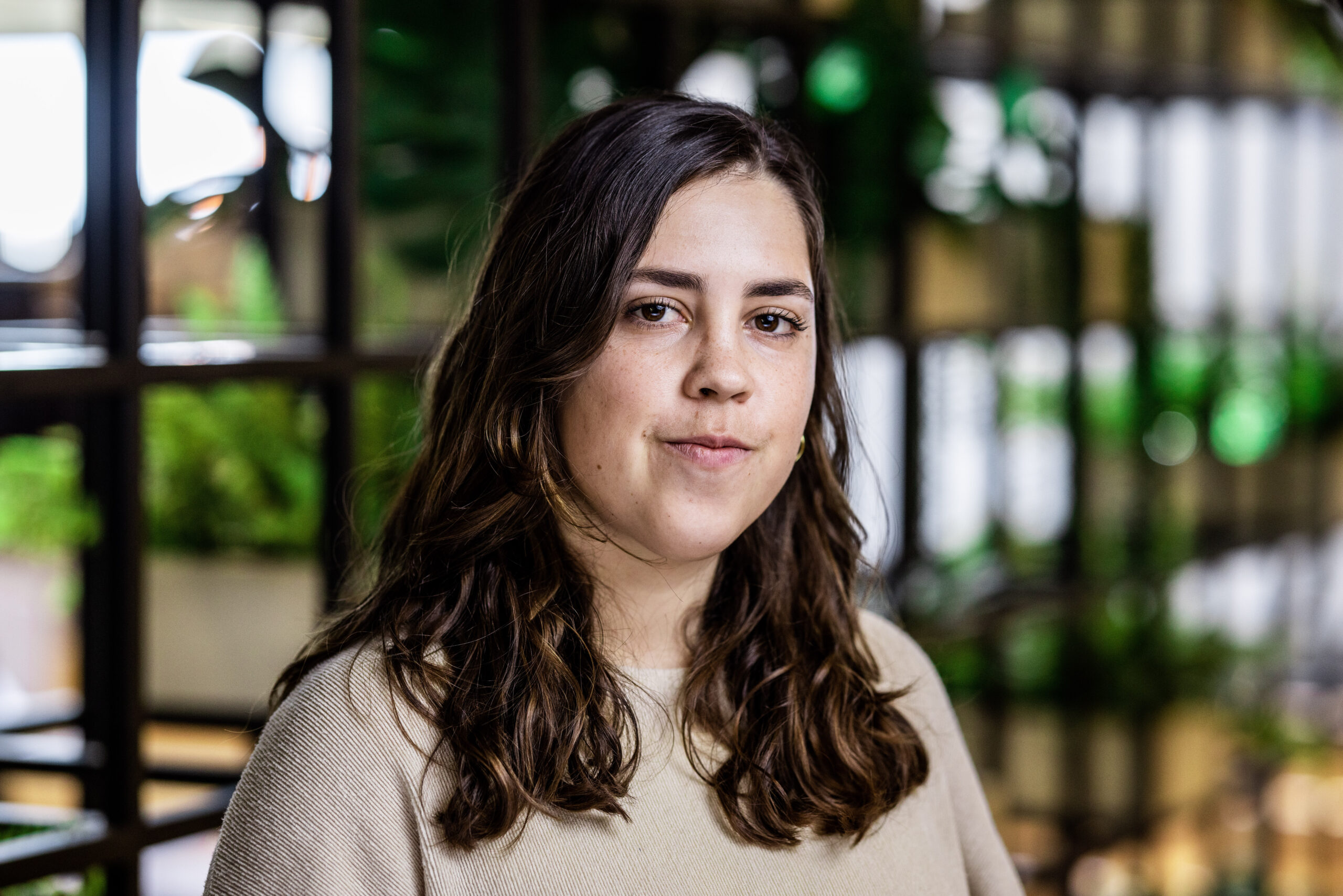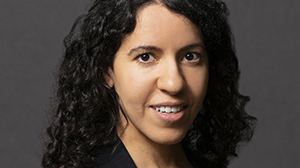On June 11, 2021, the New York Times team covering the COVID-19 pandemic during 2020 won the Pulitzer Prize for Public Service. Eddie Burkhalter, a 2020 Poynter-Koch Media and Journalism Fellow at the Alabama Political Reporter, had been a contributor of reporting to the overall effort.
Burkhalter’s achievement is even more remarkable considering he had left journalism just a few years before. Told by his employer that he couldn’t investigate allegations of sexual misconduct, Burkhalter quit his job to follow the story wherever it led.
We spoke with Burkhalter about courage and how the Poynter-Koch Media Fellowship helped him relaunch his journalism career. The conversation is adapted for length and clarity.
Burkhalter: I fell into journalism. I studied social work, but a buddy of mine worked at a weekly. He knew I liked to write and encouraged me to apply for a job. I got it and have loved journalism ever since. Probably because I’ve always been an inquisitive person. A plane crashed in my yard when I was two and a half. I always wanted to meet the people who survived the crash. I eventually wrote their story.
Then I left journalism for a bit. I read a column in 2017 in which a Pulitzer Prize-winning Alabama journalist alluded to his wife’s experience with sexual harassment at a local newspaper. He said her first publisher had attacked her. I was curious. It didn’t take long to figure out that the paper was my own. I reached out to the writer, and he confirmed my hunch.
I started working on the story and went over my approach with my managing editor. He was supportive at first, but then talked to the publisher. I was ordered off the story. I gave them a few days to change their minds, but they didn’t. So I quit a job I loved.
Journalists go through this all the time. When you’re a young reporter, it’s hard to be able to say, “I know this to be right.” You have to trust your instincts. I knew I wasn’t going to be able to kill a piece like that.
So I sourced and wrote the story on my own. I contacted the victims — there was more than just the one — and former staff. I also had it checked by a lawyer, and then published it as a freelancer. The publisher eventually stepped down.
After that, I didn’t have a job, and nobody was hiring. I was done with journalism. I worked at a plumbing supply place. They used newspapers to pack supplies. I was packing a faucet one day and looked at the newspaper — it was the one with my last front-page story.
I was a paralegal for a year, but I missed journalism. That’s when I saw an ad for the Poynter-Koch Media and Journalism Fellowship. I applied, and things went quickly. I found placement at the Alabama Political Reporter, the outlet that published my freelance story. The Reporter had not previously worked with the Poynter-Koch Fellowship, but the team at CKI went to bat for me. Without the fellowship, I don’t know if I would be in journalism anymore. It saved my career.
The fellowship itself was a crash course in journalism school. A Dallas Morning News writer discussed reporting on immigration. He talked about how to be careful with sources and their safety. I’ve used a lot of those lessons in my reporting on prisons. We got a great lesson about how to use data from a Miami Herald investigative reporter. Getting lessons from reporters like that is so beneficial.
The program also creates connections between journalists from different backgrounds and disciplines. Our initial meetings were in person, before the pandemic. We had meals. We had beers. We still exchange messages, talk, and share each other’s stories. It’s like a family — a support group. Journalism is hard on a good day.
When the fellowship ended, I was worried about what would come next. I wasn’t sure if my current publisher could afford to keep me. We’re a very small outlet. But our readership exploded during COVID-19, and they found the resources. I’m grateful. I have a lot of freedom to write what I want. I’m looking forward to doing more climate-change coverage.
Over the last year I’ve written more than 500 stories on the pandemic. I lost my father to COVID-19 in August while reporting on it. I’ve also done a lot of work on the virus in prisons. The New York Times picked up a Reporter story I wrote about Colony Wilson, a Birmingham prison inmate who collapsed in a stairwell. The staff didn’t help her, and she lay there for seven minutes unable to breathe. No one did anything.
I wouldn’t have had the chance to tell that story without the fellowship. It provides the resources reporters need to grow and develop. You can’t get that in many places.
The year-long Poynter-Koch Media and Journalism Fellowship is for early-career professionals who are aspiring future leaders in the industry.



